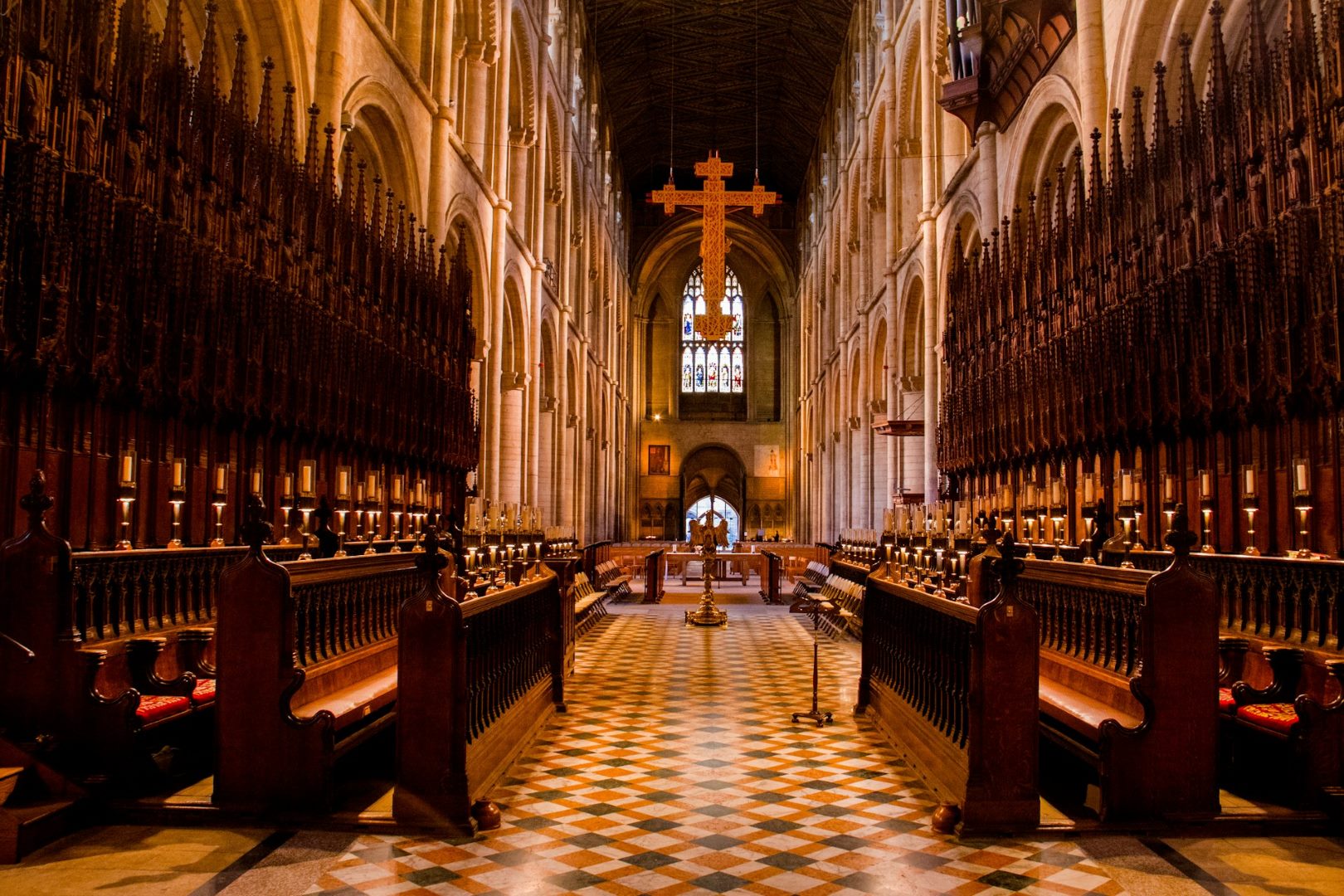Introduction: Delving into the Lutheran Faith
Lutheranism, a branch of Christianity founded by Martin Luther in the 16th century, holds a unique place in the Protestant Reformation. Based on the principle of “sola scriptura” (Scripture alone), it emphasizes the authority of the Bible as the sole source of faith and practice. This comprehensive guide will delve into the core beliefs, rich history, and diverse practices of the Lutheran faith.
II. Core Beliefs of Lutheranism
A. Justification by Faith
* Lutherans believe that salvation is not earned through good works or rituals but is freely given by God through faith in Jesus Christ.
* This faith is not a mere intellectual assent but a radical trust in God’s promise of forgiveness and eternal life.
B. Sola Scriptura
* The Bible is considered the ultimate authority for faith and practice.
* Lutherans hold that the Word of God is inerrant and infallible, containing all that is necessary for salvation.
C. The Two Sacraments
* Baptism: This sacrament initiates believers into the Christian faith, cleansing them from sin and incorporating them into the Body of Christ.
* Holy Communion: Also known as the Lord’s Supper, this sacrament commemorates Christ’s sacrifice and provides spiritual nourishment to believers.
D. The Priesthood of All Believers
* All baptized Christians are called to participate in the ministry of the Church.
* This includes the roles of preaching, teaching, and serving within the community.
III. History of Lutheranism
A. Martin Luther and the Reformation
* Martin Luther, a German theologian, sparked the Reformation in 1517 with his Ninety-Five Theses.
* Luther challenged the practices and authority of the Catholic Church, leading to his excommunication and the formation of a new Christian movement.
B. The Augsburg Confession
* In 1530, Lutheran leaders presented the Augsburg Confession to Emperor Charles V, outlining their key beliefs.
* This confession became a foundational document for Lutheranism, affirming the principles of justification by faith and sola scriptura.
C. Lutheranism Spreads Globally
* Lutheranism spread rapidly throughout Europe and beyond, establishing churches and congregations in many countries.
* Today, Lutheranism has over 80 million adherents worldwide.
IV. Lutheran Practices and Worship
A. Sunday Worship
* Lutheran worship typically includes a sermon, hymns, prayers, and the administration of the sacraments.
* Preaching is based on the Bible and emphasizes the grace and forgiveness of God in Christ.
B. Liturgical Calendar
* Lutherans follow a liturgical calendar that marks significant events in the life of Jesus Christ.
* This includes festivals such as Christmas, Easter, and Pentecost.
C. Music and the Arts
* Music plays an important role in Lutheran worship, with a rich tradition of hymns and choral music.
* Many Lutherans also appreciate the use of visual arts, such as stained glass windows and sculptures, to enhance their worship experience.
D. Social Outreach and Service
* Lutherans believe in the importance of serving others as a witness to their faith.
* Many churches are involved in social welfare programs, such as food banks, homeless shelters, and support groups.
V. Diversity and Denominations within Lutheranism
A. Different Lutheran Churches
* There are various Lutheran denominations with varying organizational structures and emphases.
* Some prominent denominations include the Lutheran Church-Missouri Synod, the Evangelical Lutheran Church in America, and the Lutheran Church-Canada.
B. Evangelical and Liberal Traditions
* Lutheran churches generally fall within two broad theological traditions:
* Evangelical: Emphasizes the importance of personal faith and evangelism.
* Liberal: Focuses on social justice, inclusivity, and the role of reason in understanding faith.
VI. Lutheran Contributions to Society
A. Education
* Lutherans have a long history of establishing schools and universities, promoting literacy and higher education.
* Many Lutheran institutions continue to provide quality education around the world.
B. Culture
* Lutherans have played a significant role in shaping Western culture through their contributions to music, art, literature, and social reform.
* Lutheran musicians, such as Johann Sebastian Bach, are renowned for their masterpieces.
C. Social Activism
* Many Lutheran leaders have been involved in social justice movements, such as the civil rights movement and the fight against poverty.
* Lutheran churches continue to advocate for the marginalized and work for a more just and equitable world.
Conclusion
Lutheranism is a vibrant and diverse Christian tradition with a rich history, enduring beliefs, and a commitment to service. Its emphasis on justification by faith, sola scriptura, the priesthood of all believers, and the importance of worship and service has shaped the lives of millions of Christians around the world. Whether you are exploring Christianity for the first time or seeking a deeper understanding of Lutheranism, this guide provides a comprehensive overview of this influential branch of the Christian faith.



